Richard Ayoade’s debut film, Submarine was a promising feature limited by its restrictive fealty to its influences, which makes the considerably more successful The Double all the more surprising. Not only does it rely on the fractal psychological state of Dostoevsky’s writing (the movie being an adaptation of the author’s 1846 novella of the same name), but its setting among a retro-futuristic, Eastern-bloc-esque office of computing machines and tedious bureaucracy marks it as equally the child of Terry Gilliam’s 1985 opus Brazil.
Simon James (Jesse Eisenberg) works in this office as a drone stuck at the bottom rung after seven years of employment. Eisenberg excels as characters who look as if they spend every social interaction planning possible escape routes from talking to someone, and Simon distills that sensibility into its purest form. So insecure and invisible is Simon that the world itself seems to forget that he exists: his I.D. card never registers in the company machines, his ideas are ignored, and even when his direct superior (Wallace Shawn) hires him to tutor his daughter (Yasmin Paige), he cannot remember his employee’s name and can scarcely even recall the task to which he assigned Simon. The young man’s inability to distinguish himself extends to his love life, which consists of spying on neighbor and co-worker Hannah (Mia Wasikowska) from across apartment buildings and inventing reasons to visit her in the copy room at work, only to be at a loss for words in her presence.
The latter detail marks the area where Ayoade most clearly updates his source material, applying Dostoevsky to modern Nice Guy tropes. Scenes of Simon watching Hannah through a telescope and silently huffing over injustices done to him in the workplace have been thoroughly covered in voyeuristic movies and underdog films, but Ayoade processes them through the more frenzied, insular state of the Russian author’s prose. Therefore, Simon is not merely nervous but a bundle of exposed wires threatening to short each other out, and Ayoade does not shy away from portraying the predatory impulses under Simon’s ostensibly benign introversion. That modernizes the intrusion of Simon’s more confident and assertive doppelgänger, “James Simon,” making the double reflective of contemporary sexual hangups and the tension between lessened restrictions and the increased inhibitions and isolation of those who feel inadequate to partake in them.
The Double works best when it most directly translates Dostoevsky’s style, especially as things pertain to James’s relationship to Simon. James arrives on the scene as Simon’s Buddy Love, but soon the film makes clear that James is not everything that Simon is not but the accumulation of bottled up rage that simmers under his passive, submissive exterior. James’s misogyny, arrogance, duplicity and violence are not contrasts with his counterpart’s timidity and pining but the most extreme consequences of them.
I have not read Dostoevsky’s novella but am familiar with the author’s late work, of which The Double is considered the clearest early antecedent. Those books profile characters like Simon, who are pitiable only insofar as they are so recognizably, repugnantly human, but they also thoroughly critique and examine these characters and identify their psychological deficiencies. The splitting of James and Simon, like the division of one core personality into the irreconcilable Karamazov brothers (or Dostoevsky himself dividing his mind into his written characters as a means of self-therapy), only increases the surface area of reaction, making it easier to see how even the nominally “good” qualities of the former can be just as destructive as the latter.
Where the film stumbles is in failing to deliver on its initially brutal estimation of Simon’s own sins. An early meeting with Hannah spells out Simon’s flaws when she rails about another man stalking her as a bashful show of affection, and for a time, James’s ability to get any woman and rise through the ranks acts as karmic punishment for Simon’s cloying self-pity. Eventually, however, James becomes so vile that the film exonerates Simon by rooting for him to prevail against his evil self, forgetting how well it had argued the Simon was his own evil self for much of the runtime.
One thing cannot be denied, and that is Ayoade’s skill as a visual filmmaker. There are still clear references—one shot of Simon walking along a ridged, blue-painted wall recalls the “Modern Love” sequence of Mauvais Sang—but here he starts to come into his own as a filmmaker. When the venal caretaker of the nursing home where Simon’s mother lives demands more money from the protagonist, a shot perpendicular to the counter shows only his outstretched hand impatiently beckoning as Simon obediently fumbles through his wallet, flicking bills one by one until he gives the whole wad to the man.
Rhyming shot patterns make doubles of the sets themselves that can connote different moods at different times, and Ayoade’s fondness for primary color lighting gets a workout in scenes that toy with grimy yellow bulbs, falsely comforting blue light and the red that floods areas when alarms go off. The Double shows the director continuing to improve as a visual stylist, but as talented a comic writer as Ayoade is, it’s all the more disappointing that he doesn’t realize that an ending where Simon had to truly reckon with his moral failings would be, in its own way, more pleasing than one that allows him to emerge as the hero.

















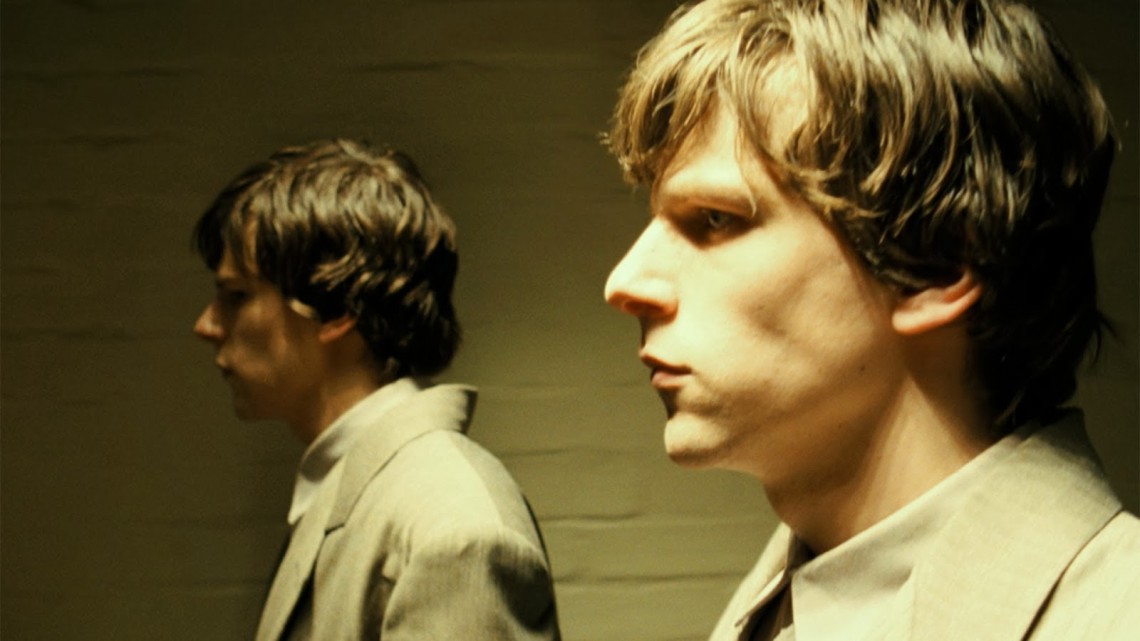
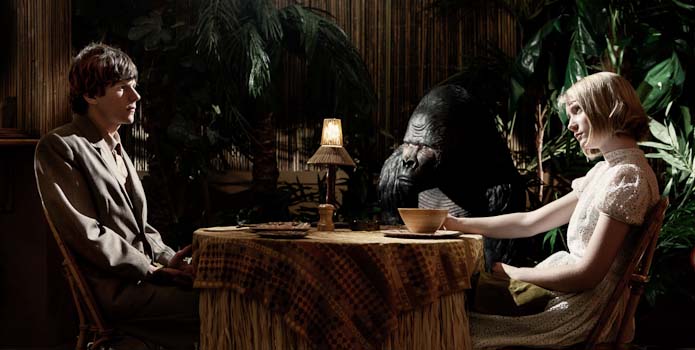
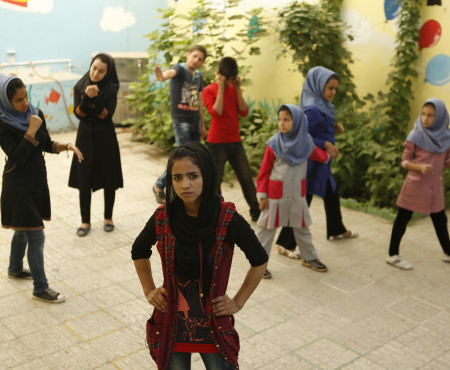
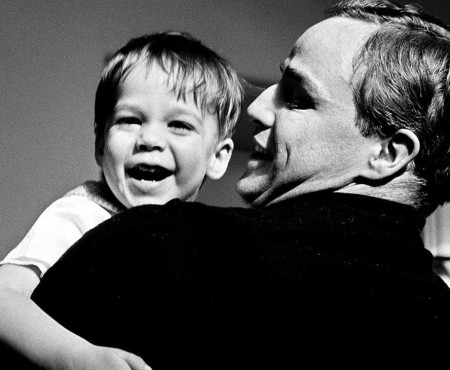
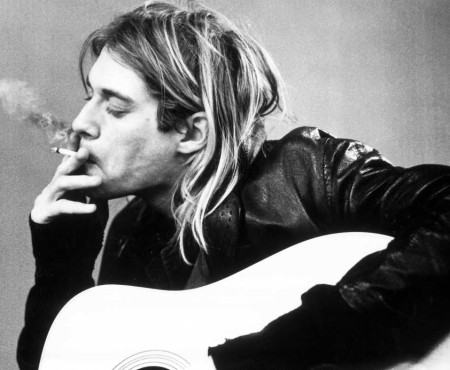
One thought on “ATLFF Review: “The Double””
Pingback: The Double - VOD - Here Is TV - Daily Primetime Recommendations